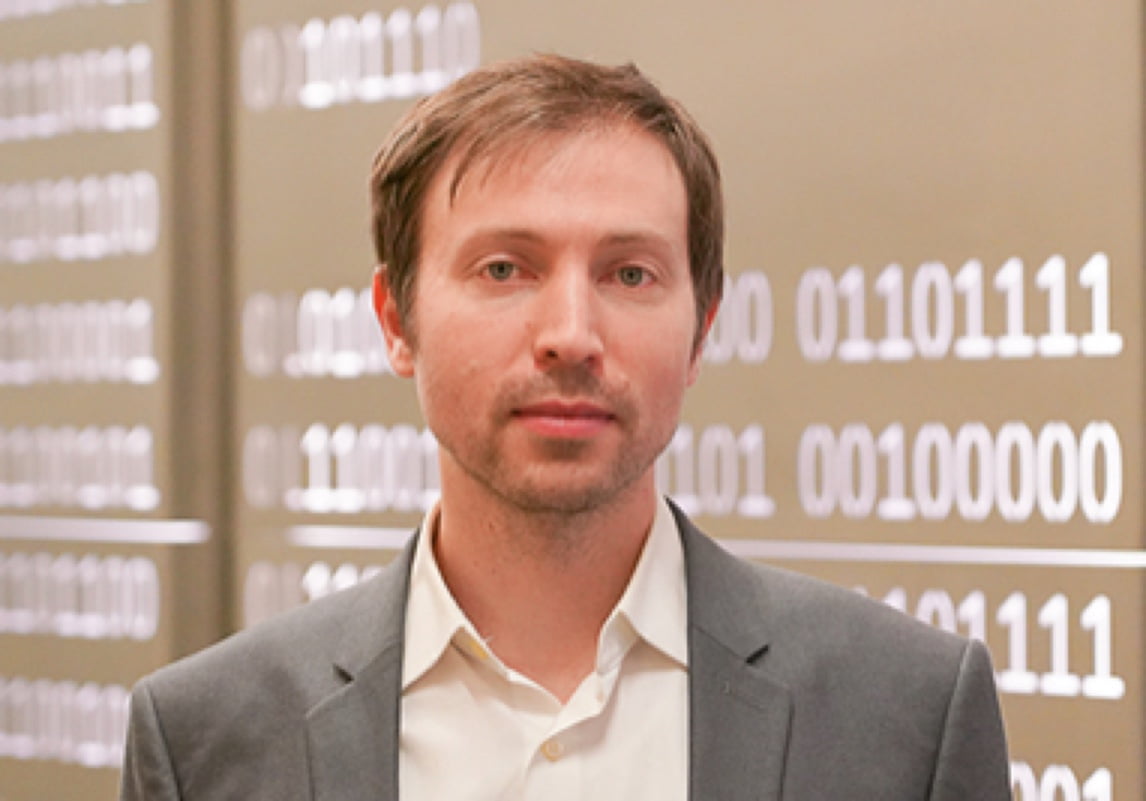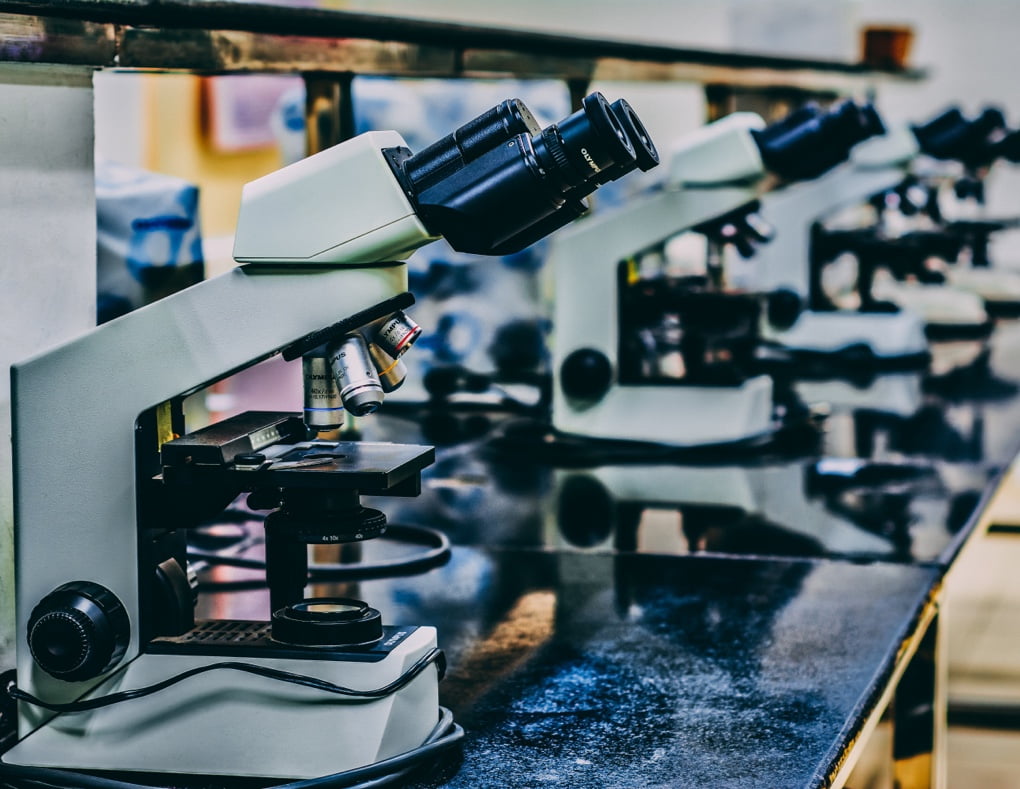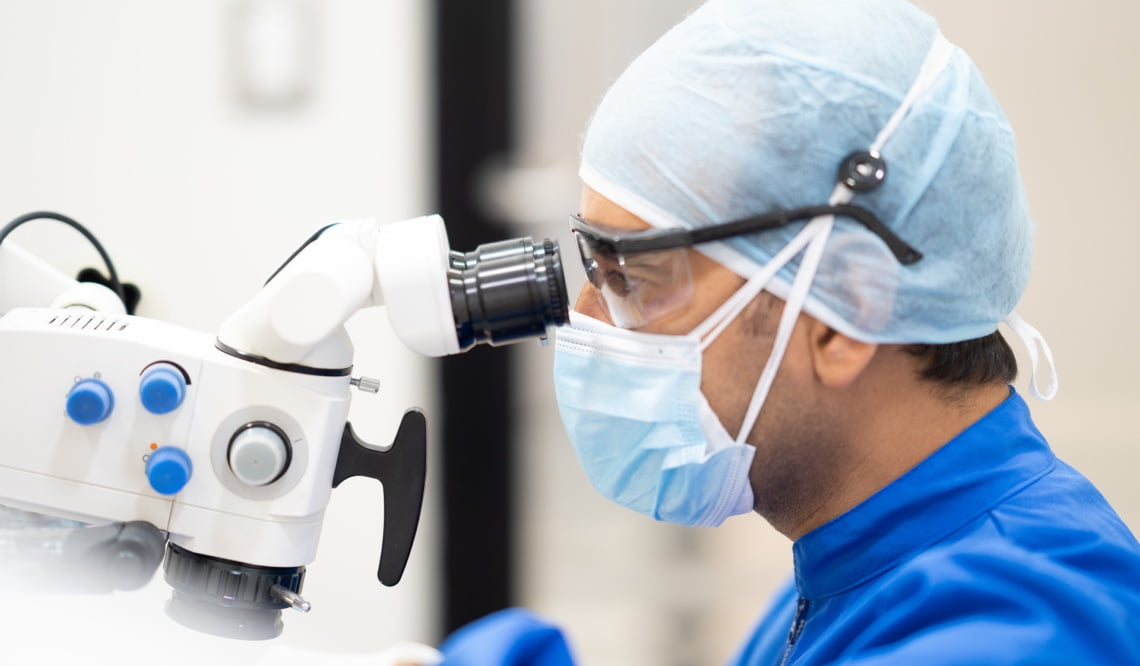Dr. Daniel Tward
Daniel Tward earned the Toffler Scholar Award in 2020 at the University of California Los Angeles.
Biography
Dr. Daniel Tward was born in Toronto, Canada. Growing up, Dr. Tward’s family encouraged him to pursue interests in multiple areas, and he developed a love of visual art and music. This attitude was nurtured at the small, alternative middle school he attended, which was built on the principle of multiple intelligences.
It was a bit of a strange transition moving from middle school with 20 students, to a high school with over 2,000, to The University of Toronto with over 50,000, but Dr. Tward did well. He enjoyed the anonymity in some areas and working hard to stand out in others. In college, his first summer job was as a singing chef in a hamburger restaurant. In another abrupt transition due to a fortuitous encounter with a job posting, the next summer he worked in the physics department at Princess Margaret Hospital, a cancer hospital in Toronto.
Princess Margaret Hospital, like all hospitals that deal with radiation, has physicists monitoring and doing quality control on the imaging equipment or other devices that deal with radiation. Dr. Tward worked modeling x-ray detectors, optimizing the image-creation process. It was his first experience with medical research, and it showed him that he could be a scientist and still contribute in a meaningful way to human health and the human lifespan without becoming a clinician.

After two years in his position at the hospital, he was given the opportunity to start his own research project. The goal of the project was to try to distinguish abnormalities in images. The project married physics, math, and signal processing, and this cross-functional method influenced Daniel’s work in later years.
Dr. Tward graduated with a degree in biophysics from the University of Toronto and earned his Ph.D. in biomedical engineering from Johns Hopkins University. He completed postdoctoral training in biomedical engineering and neuropathology at the Kavli Neuroscience Discovery Institute. Currently, he is an Assistant Professor in Neurology and Computational Medicine at UCLA. He spends his free time playing piano, trumpet, and guitar.
Biography

Dr. Daniel Tward was born in Toronto, Canada. Growing up, Dr. Tward’s family encouraged him to pursue interests in multiple areas, and he developed a love of visual art and music. This attitude was nurtured at the small, alternative middle school he attended, which was built on the principle of multiple intelligences.
It was a bit of a strange transition moving from middle school with 20 students, to a high school with over 2,000, to The University of Toronto with over 50,000, but Dr. Tward did well. He enjoyed the anonymity in some areas and working hard to stand out in others. In college, his first summer job was as a singing chef in a hamburger restaurant. In another abrupt transition due to a fortuitous encounter with a job posting, the next summer he worked in the physics department at Princess Margaret Hospital, a cancer hospital in Toronto.
Princess Margaret Hospital, like all hospitals that deal with radiation, has physicists monitoring and doing quality control on the imaging equipment or other devices that deal with radiation. Dr. Tward worked modeling x-ray detectors, optimizing the image-creation process. It was his first experience with medical research, and it showed him that he could be a scientist and still contribute in a meaningful way to human health and the human lifespan without becoming a clinician.
After two years in his position at the hospital, he was given the opportunity to start his own research project. The goal of the project was to try to distinguish abnormalities in images. The project married physics, math, and signal processing, and this cross-functional method influenced Daniel’s work in later years.
Dr. Tward graduated with a degree in biophysics from the University of Toronto and earned his Ph.D. in biomedical engineering from Johns Hopkins University. He completed postdoctoral training in biomedical engineering and neuropathology at the Kavli Neuroscience Discovery Institute. Currently, he is an Assistant Professor in Neurology and Computational Medicine at UCLA. He spends his free time playing piano, trumpet, and guitar.
“I think if people understood the amount of variability between one person and another in your brain and elsewhere, they would realize how superficial the differences seen between each of us are.”
- Dr. Daniel Tward
Research Focus
Challenges
Quantifying the structure of the brain is extremely difficult due to its complex geometry and the significant variances between brain structures. For the most part, these differences don’t have any impact on disease. However, in efforts to diagnose and treat diseases, doctors require a foundational understanding of what differences are informative about disease and what differences are normal variability.

Focus and Priorities
Dr. Tward’s research focuses on quantifying the structure of the brain and understanding how it changes throughout disease. By combining computational technologies, machine learning techniques, differential geometry, and high dimensional statistics, Dr. Tward is working to represent the brain more accurately in an effort to determine which differences signal disease which are normal variability.
In humans, neurodegeneration is usually measured at the rough scale of one millimeter—the modern MRI operating scale.
This scale is much less clear than researchers working with mice models, where images can be taken on a scale of one micron, a resolution where individual cells are observed.
Using donated tissue and high-powered computer models to determine how tissue and even individual cells have shifted based on different distortions, Dr. Tward is able to analyze the human brain on a much more detailed scale. He and his team then take that information and compare it back to MRIs, finding markers and commonalities that can be seen at a larger scale.

Potential Future Benefits
Dr. Tward’s goal is to build computational technologies to accelerate neuroscience discovery and to improve clinical trial design and diagnostic accuracy.
“I want to be able to take data from patients who've had a brain scan and be able to quantify their likelihood of developing Alzheimer's disease.”
- Dr. Daniel Tward
Karen Toffler Charitable Trust Investment
The Investment from the Karen Toffler Charitable Trust will enable Dr. Tward to deploy the techniques he has been using to study Alzheimer’s disease in a screening setting. By using data from patients coming through the health system who have had a brain scan, he will be able to quantify their likelihood of developing Alzheimer's disease.
Because this work is with patients, there are different systems of consent, making it difficult to publish findings in traditional academic journals. And a lack of publishing means that it is extremely difficult to find funding.
Funding from The Karen Toffler Charitable Trust allows Dr. Tward to move forward on his research, and it doesn’t penalize him for the lack of published papers emerging from the work.
“Funding for projects that aren't necessarily tied to an academic system or academic publications is really valuable. With funding from the Karen Toffler Charitable Trust, we will be able to support staff on this project, which will be critical to its success.”
- Dr. Daniel Tward